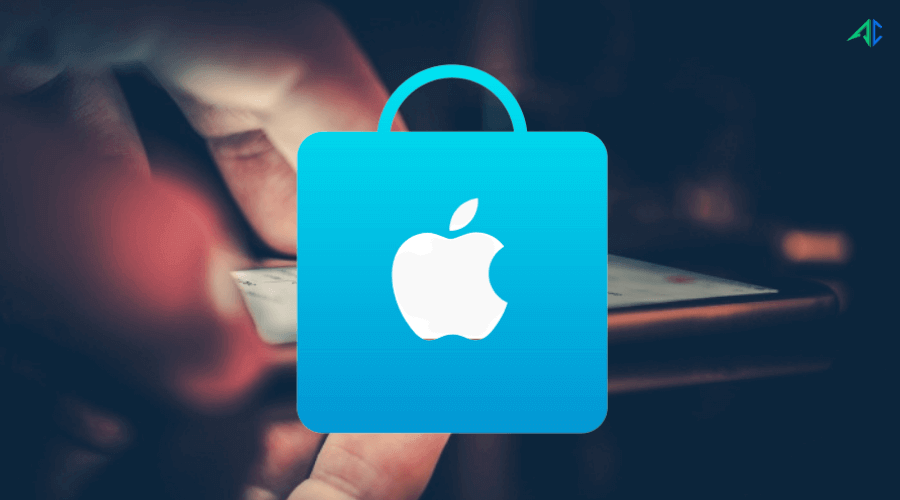Table of Contents
Apple updates have always been a hot topic among users as well as apps development companies. However, very few of us know that the updates also impact advertisers in one way or another. Today’s post is all about that! This blog tells us how the Apple “user privacy and “data use policy” update can impact advertisers.
If you look closely, almost every major iOS update has made waves in the app industry in recent years, and iOS 14 is no different. In June, at its Worldwide Developers Conference (WWDC) 2020, Apple announced product and policy changes that will affect data sharing across iOS.
Apple is known for improving transparency and empowering users. That said, Apple’s iOS 14 privacy update and data use update are changing the user’s complexion for data collection. Plus, affecting the advertisers and apps companies by hook or by crook.
Apple’s iOS 14 offers new privacy controls that limit how several parts of your phone are used to track you. Thus, Apple announced that the iOS 14 update gives users the choice to block The Identifier for Advertisers (IDFA) identifier at the app level. This means that the iOS 14 update will require apps to ask users’ permission to collect and share data.
Apple User Privacy Update and Data Use Policy Update in iOS 14: Quick Overview
Privacy is a fundamental human right and considered the core of everything. That’s why with iOS 14 user privacy and data use update, Apple gives users more control over the data they share and more transparency into how it’s used.
That said, as mentioned earlier, Apple’s new privacy initiative in its next iOS 14 updates will require customer permission to track user data across apps. Users will be able to access this option at any time in their device settings. It has also introduced password monitoring that alerts users if their passwords are involved in a data breach.
How Will the iOS 14 User Privacy and Data Use Update Impact the Advertisers?
The user privacy update in iOS 14 means that users can choose to give the approval to track them, and many believe that a significant number of users will stand down. In the lack of this information, paid advertising suffers a substantial interruption. Even though the exact impact of the update will only become known after the rollout.
Most platforms, such as Facebook, Google, Snapchat, DSPs, MMPs, etc., will use SkAdNetwork; however, Apple Search Ads will have its framework. Apple’s SkAdNetwork allows privacy-safety to install allocation and size. The current framework affixes attribution range on the ad click. Therefore, when the app is installed and opened for the first time, it will send an install postback to the ad network, including information, for example — campaign ID.
7 Changes Advertisers Should Expect with Apple’s User Privacy and Data Use Update
Blocking Cross-Website and App Tracking (Audience Lists)
iOS users can now decide whether advertisers can track them on the websites and apps. If advertisers can’t track users’ behavior, how will they know their interests, hobbies, purchase behavior, etc.? If advertisers don’t know any of that, they can’t show users the relevant ads. This can lead to a decrease in conversion rates, thus resulting in customer loss. This can hugely impact digital advertising.
Ad Retargeting
With Apple user privacy and data use policy update, many targeting types, including device-level targeting will no longer work for users who have dropped out of sharing their IDFA. For some advertising platforms like Google and Facebook, they have imperative variables they can use to determine email and phone numbers that don’t have destined ID graph information, likely to see a reduction in targetable audiences.
Ad Measurement
The Mobile Measurement Partners (MMPs) have reinforced their measurement and fraud abilities around the IDFA identifier. Even though Apple has announced a replacement API (SKAdNetwork) that will enable conversion data to be passed back at the campaign level, we will see a decrease in the data fidelity that MMPs have to identify fraud and performance across the mobile campaigns.
User Breakdowns
Facebook has removed user breakdowns for app and web conversions from their reporting features, including information such as age, gender, region, and placement. Thus, it is indeed going to affect advertisers. However, other advertising platforms haven’t yet released any update on whether they will also remove this type of information from their reporting or not.
Assisted Metrics
Another area that will be influenced is the Assisted Metrics, like Assisted Revenue and Assisted Conversions. These metrics work wonders in showing the value of impressions and clicks from the top of the funnel strategies, which drive awareness. If assisted metrics are no longer accurate to experience a significant decrease, other success metrics will need to be used, such as CPC or CPM in addition to on-site engagement metrics.
Ad Platforms Respond
Although online advertising usually works the same way by understanding user behavior and serving relevant ads, there are some differences in how the ad platforms like Google ads and Facebook ads reach the end goal.
Google ads will comply with Apple’s new privacy implementation, including pop-up asking permission to track users across apps and websites.
However, Facebook relies heavily on understanding what users like doing off of Facebook to then present the user with relevant ads on Facebook. Consequently, this change is likely to have a far more significant effect on Facebook than Google.
Programmatic Advertising
Even though businesses don’t have enough response from every single programmatic vendor, Simpli.fi has indicated that they don’t expect a significant interruption of performance on their platform. Advertisers now have invested in cross-device tracking and are using multiple identifiers outside of IDFA, a unique device ID assigned to each iPhone, to link users and devices.
Closing Thoughts
The “user privacy” and “data use” update in iOS 14 can seem scary or appear like it’s the end of advertising. However, this update represents a significant shift in the digital privacy direction as more control is given to the users and their data by companies. Advertisers will adapt to this change soon. This is going to be a trend that will undoubtedly continue in the future.
We would love to hear your comments relating to the post. Got some other thoughts? Drop us words through our contact page.







